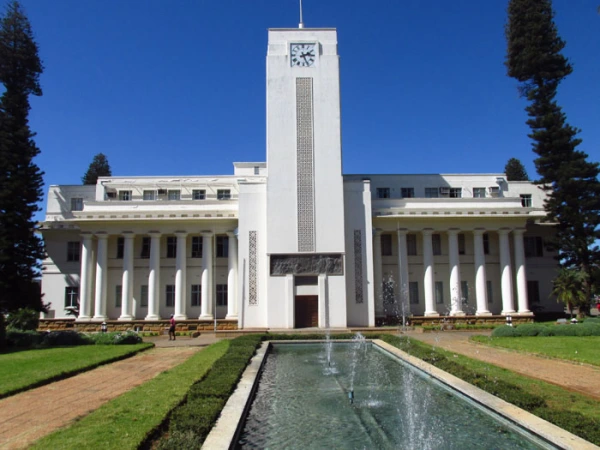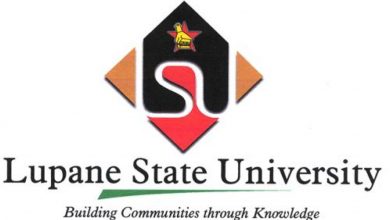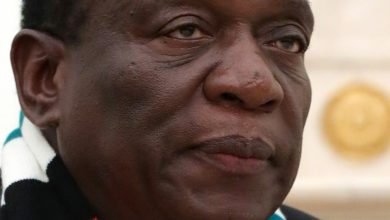Struggling BCC begs residents to pay forex

The Bulawayo City Council (BCC) is requesting residents to pay their rates in foreign currency to enable the local authority to pay its suppliers for goods and services required for adequate service delivery.
This is due to the instability of the local currency making the local authority unable to cover costs.
The request was made by deputy chairperson of the BCC Finance Committee, Councillor Dumisani Nkomo at a press conference for the BCC budget on Wednesday.
Nkomo said BCC was struggling to meet its financial needs for service delivery because their suppliers demand foreign currency for their goods and services yet residents pay their rates in local currency.
“The 2024 proposed budget sets the tone for the City of Bulawayo’s aspirations for the forthcoming 12 months, guided by council vision. The 2024 budget will maintain the USD tariffs at last year’s levels. Monthly bills will continue to be based on USD tariffs but translated to local currency at time of billing,” said the deputy chairperson.
“Payment of bills will continue to be in all currencies tradable in our country. However your council finds itself in a predicament where residents are demanding quality service delivery paid for in local currency which regrettably is very unstable as we all know.”
“Council is a price taker when it comes to its inputs. This makes service delivery inputs unaffordable. The City of Bulawayo is obliged at law to accept payment in all currencies including the RTGS and the city would like to encourage people to pay in USD so that rates can stabilise.”
Nkomo also highlighted that the local authority continues to lose skilled labour as the council staff leaves seeking better paying jobs.
“In addition, poor remuneration of staff has led to skills flight from council, resulting in staff members seeking better paying jobs, generally, it will appear that staff members prefer to be paid in foreign currency as opposed to the local currency, which council is paying its workers,” Nkomo said.
Nkomo further noted that the one percent tax proposoed by the Minister of Finance and Economic Development, Professor Mthuli Ncube on all properties valued at $100 000 and beyond, would affect the city’s finances.
“It is unfortunate that the announcement came at a time when we had already crafted our budget. We are time-bound when it comes to formulating the budget and so definitely we will be affected. It is our hope we will be able to navigate around the challenges presented by the national budget,” said the deputy chairperson.
“This is why we insisted as a city that we maintain the current budget because it would enable us to be more responsive to broader macroeconomic challenges, such as those presented in the national budget. We will sit down as the Finance Committee and look at ways that can help us to absorb some of the shocks and effects of the national budget.”





